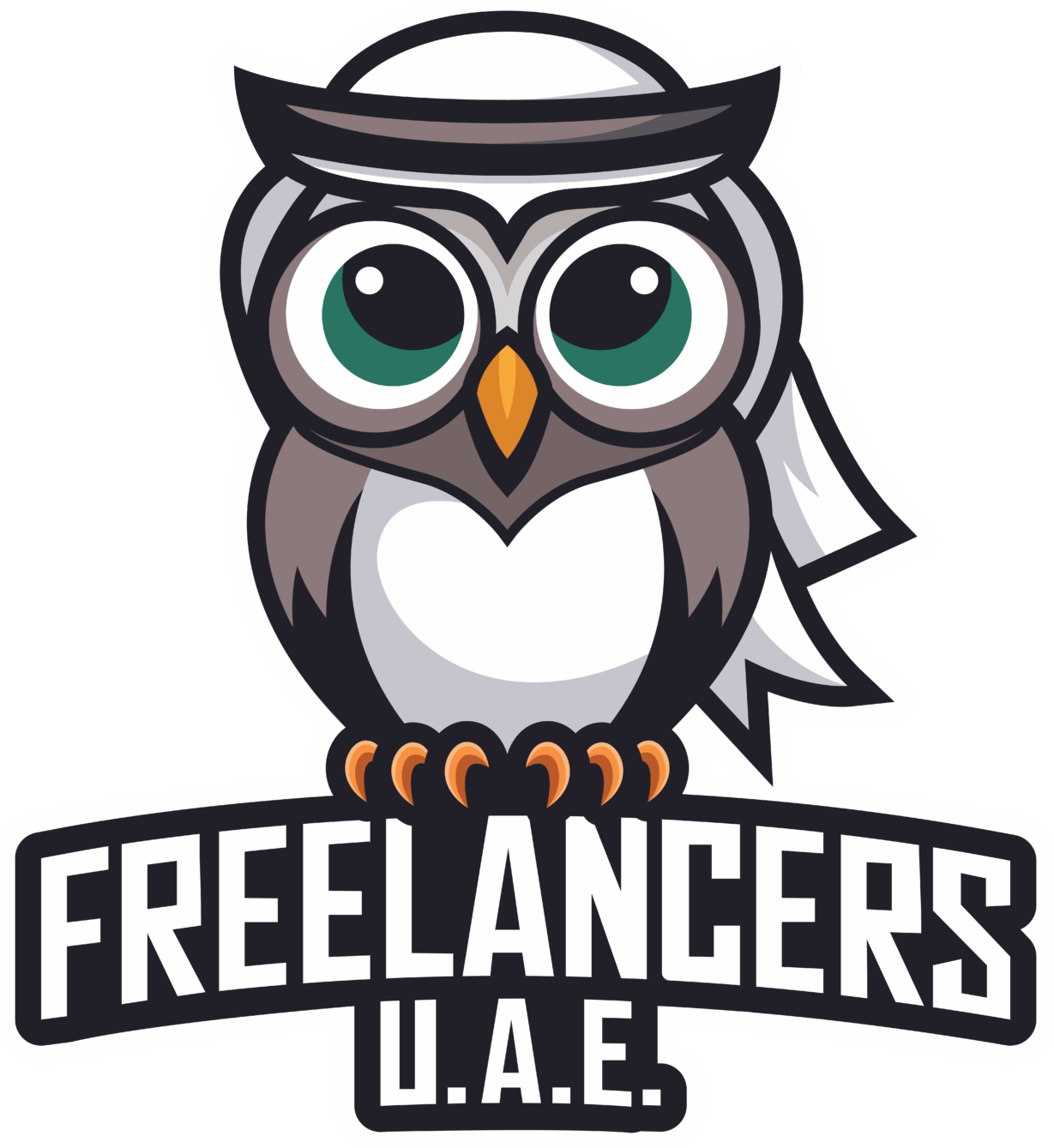1️⃣ ? Introduction: Why the UAE Is a Goldmine for Remote Dietitians
The UAE has emerged as a wellness hub in the Middle East, with billions of dirhams spent annually on preventive health, fitness, and nutrition. Post-pandemic, remote healthcare services have become mainstream, supported by DHA’s telehealth regulations and digital-first strategies from insurers and clinics.
For freelance dietitians, 2025 presents an unmatched opportunity. Remote work isn’t just accepted—it’s expected. Residents want convenience, culturally adapted plans, and expert guidance that fits their lifestyle. Whether you target busy professionals, athletes, or families with specific needs, building a remote-first nutrition practice can be both profitable and compliant—if you know the rules.

2️⃣ ? UAE Market Insights 2025: Why Clients Are Paying More for Nutrition Services
In 2025, nutrition and dietetics services in the UAE will have moved beyond weight loss. The demand is driven by:
✔ Chronic lifestyle conditions: Over 15% of adults in the UAE have diabetes or prediabetes.
✔ Sports boom: With padel, CrossFit, marathons, and cycling surging, athletes want science-backed performance nutrition.
✔ Maternal & child health: Prenatal and postnatal programs are popular among Emirati and expat families.
✔ Corporate wellness: Companies now fund dietitian consultations as part of mental and physical health packages.
Pro Tip for Freelance Dietitians: Offer niche programs such as:
- Ramadan nutrition plans that respect fasting hours.
- Diabetes reversal packages with physician partnerships.
- Online group challenges like “30 Days of Balanced Eating.”
? The UAE’s multicultural population means tailoring menus for Indian, Arabic, Filipino, and Western diets is a winning move for freelance dietitians.
3️⃣ ? Licensing & Scope: Your Legal Foundation
Before serving clients, understand that a dietitian is a regulated title. Providing clinical nutrition advice—such as managing diabetes, PCOS, or obesity—requires official licensing from:
✔ DHA (Dubai Health Authority)
✔ DOH (Department of Health Abu Dhabi)
✔ MOHAP (Ministry of Health and Prevention)
Key Rules for Freelance Dietitians:
- Clinical Care: You must affiliate with a licensed facility or an approved telehealth platform.
- Wellness Coaching: If you limit yourself to general healthy eating tips, you may operate under a consultancy license, but avoid medical claims.
- License Process: Submit academic credentials (usually a bachelor’s in dietetics or nutrition), verification through DataFlow, and pass a regulatory exam.
- Renewals & CPD: DHA and DOH require Continuing Professional Development (CPD) credits for renewal every 1–2 years.
? Shortcut: Partner with a licensed clinic that allows you to offer services under its umbrella. This is the fastest way to start seeing clients without setting up your own facility.
4️⃣ ? Visa & Business Setup: How to Stay Legal and Get Paid
Freelance dietitians need a legal framework for invoicing and banking. Here are your options:
✔ Clinic Sponsorship: Ideal for clinical dietitians who need DHA/DOH authorization.
✔ Free-Zone Freelancer Permits: Dubai’s GoFreelance visa or similar options allow non-clinical nutrition coaching.
✔ Mainland or Free-Zone Company: For scaling into group programs, hiring staff, or collaborating with gyms and wellness centers.
Tip: Always check your activity code. Some permits list “nutrition consultancy” rather than “dietitian.” The difference matters for compliance.
5️⃣ ?️ Telehealth Rules: Deliver Remote Consultations Without Penalties
The UAE was one of the first GCC countries to regulate telehealth. In 2025, DHA mandates:
✔ Identity verification for all patients.
✔ Documentation of every consultation.
✔ Platforms that meet data security standards.
Best Practice for Freelance Dietitians:
- Use approved video platforms like Okadoc or HealthHub for compliance.
- Maintain SOAP notes for every session.
- Have a clear referral system for medical emergencies.
? Going rogue on Zoom or WhatsApp can land you fines and a license suspension. Always align with DHA-approved systems.

6️⃣ ? Data Privacy & PDPL: Why This Matters for Your Practice
Handling patient health data is a sensitive task. The UAE’s PDPL (Personal Data Protection Law) requires explicit consent, secure storage, and breach reporting.
How Freelance Dietitians Can Stay Compliant:
✔ Get signed consent forms before consultations.
✔ Store data in encrypted platforms hosted in the UAE or GDPR-compliant regions.
✔ Do not share progress photos or testimonials without written approval.
? If you serve clients in DIFC, note the separate DIFC Data Protection Law, which was updated in 2025.
7️⃣ ? Pricing & Insurance: What to Charge (and How to Get Paid)
Unlike gyms or personal trainers, freelance dietitians can command premium pricing because nutrition is healthcare. In the UAE:
✔ Initial Assessment (60 mins): AED 400–700
✔ Follow-Up (30 mins): AED 250–400
✔ 3-Month Package: AED 2,000–3,500
Insurance Tip: Some plans cover medical nutrition therapy for diabetes, obesity, or kidney disease. To access insurance, work under a licensed clinic with payer agreements.
? Offer corporate wellness packages—companies will pay for monthly sessions for employees as part of their well-being initiatives.
8️⃣ ? Tech & Tools: Build a Professional Setup
Here’s what successful freelance dietitians use:
✔ Scheduling & Payments: Calendly + Stripe (or local gateways like Telr).
✔ EHR Systems: Healthie or Practice Better for dietitian-specific features.
✔ Meal Planning Tools: EatLove or Nutrium for culturally adapted plans.
✔ Analytics: Track metrics like client adherence, weight trends, and lab improvements.
? Invest in AI-based diet apps that personalize meal plans for UAE clients. This is a big selling point in 2025.
9️⃣ ? Marketing Mastery: How to Get Clients Fast
Even the best dietitian needs visibility. Here’s how freelance dietitians win in 2025:
✔ Instagram Reels & TikTok: Share quick 30-sec tips in Arabic & English.
✔ LinkedIn Networking: Offer webinars for HR managers on “Nutrition & Productivity.”
✔ Google SEO: Create blogs like “Healthy Iftar Plans for Ramadan” or “Best Snacks for UAE Office Workers.”
✔ Partnerships: Collaborate with fitness influencers and gyms for referral clients.
? Start with organic marketing, then invest in paid ads targeting Dubai & Abu Dhabi expats once you validate your offer.
? ✅ 30-Day Action Plan for Freelance Dietitians
Week 1: Finalize scope, start DHA/DOH/MOHAP license if needed, or apply for GoFreelance visa.
Week 2: Build your website, set up a telehealth platform, and draft PDPL-compliant consent forms.
Week 3: Create 2 signature programs (e.g., Weight Management, Corporate Wellness), publish first blog post.
Week 4: Launch your first webinar, start Instagram reels, and close 3 paying clients.

? Success Tips: How Top Freelance Dietitians Stay Ahead
✔ Offer bilingual plans for expats and Emiratis.
✔ Build recurring revenue models (subscription for follow-ups).
✔ Join the Emirates Clinical Nutrition Society for credibility and updates.
✔ Stay PDPL-compliant to avoid fines.
? Conclusion: 2025 Is the Year of Digital Dietetics
With telehealth booming, insurance adapting, and consumer demand skyrocketing, freelance dietitians have a once-in-a-generation chance to create thriving remote practices in the UAE. Get your license, tech, and marketing game strong, and you’ll tap into a high-income, high-impact career—while helping people live healthier lives.


One thought on “Freelance Dietitians in the UAE (2025): Build a Compliant, Profitable Remote Nutrition Practice”